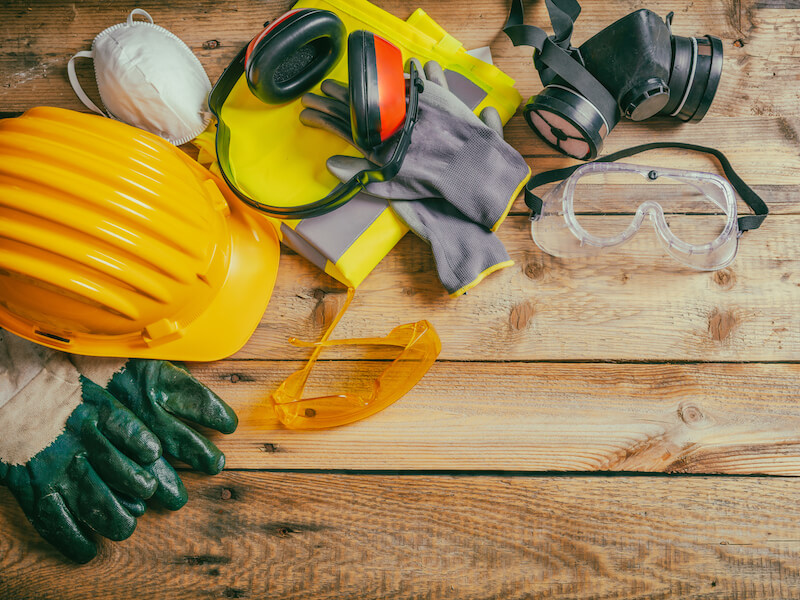Surprise: This Workplace Injury is More Common Than Any Other

Around two million workplace injuries are reported every year. Usually, we think of a hand caught in a piece of machinery or a flying projectile when we consider work-related injuries.
But the most prevalent workplace injury is a lot more insidious and frequently goes unreported. Over several years, it will sneak up gradually on people. Most individuals don’t even recognize it’s occurring until it becomes severe. Excuses are a normal reaction. “It’s only temporary” or “I’m just getting older. This isn’t unusual.
Many people don’t even recognize it was brought on by their workplace environment.
Damaged hearing is this insidious injury. There are several warning signs you should identify, and there are significant steps you need to take if you suspect the damage is already done.
Exactly When Does The Volume Become “Too Loud”?
Your hearing can be irreversibly damaged with regular exposure to as little as 85 decibels (dB) over a long period. Seventy-five dB, for instance, is the average volume of a vacuum cleaner. A lawnmower delivers 85 dB. If you’re exposed to a leaf blower or a chainsaw you’re dealing with 100 dB. And the volume of a gunshot logs in at 140 dB.
Are you at risk when you’re at work? Are you being exposed to the most prevalent workplace injury? Over time, your hearing is likely to be damaged if you’re regularly exposed to sound as loud as a lawnmower, even if it’s not continuous.
Hearing Damage Signs
You’re definitely harming your hearing if you work in a loud environment without hearing protection.
What follows is are early warning signs that you’re dealing with hearing loss:
- Loud sounds cause pain in your ears.
- You regularly ask people to repeat themselves when they speak.
- Conversations sound muffled.
- You hear ringing, hissing, or whistling even when it’s quiet.
- Your family and friends tell you your TV, radio, or computer tablet volume is too high.
- You can’t understand the person speaking if there’s background noise.
- consonants get confused – “Todd” sounds like “Dodd,” for example.
- When people speak, you tend disengage.
- You think people speaking to you are constantly mumbling.
How is Hearing Damage Being Tackled by Employers?
In environments that are very loud, technology is being put to use by businesses or organizations to reduce workplace noise. Government agencies are working to modify guidelines that will decrease workplace noise and protect employees.
As more employees become aware of the recurring damage they have endured due to workplace noise, they are speaking out. In time, their voices will bring about further change.
Preventing Further Damage
If you work in a noisy setting, the best thing you can do is safeguard your ears before any damage occurs. Using protective earmuffs or earplugs while at work will help reduce potential damage.
Make an appointment for a hearing test as soon as possible if you suspect a noisy workplace has caused injury to your hearing. You will discover how to avoid additional damage when you find out how much hearing damage you’re dealing with. We can help you develop strategies to prevent further hearing loss and deal with the damage you’ve already experienced.